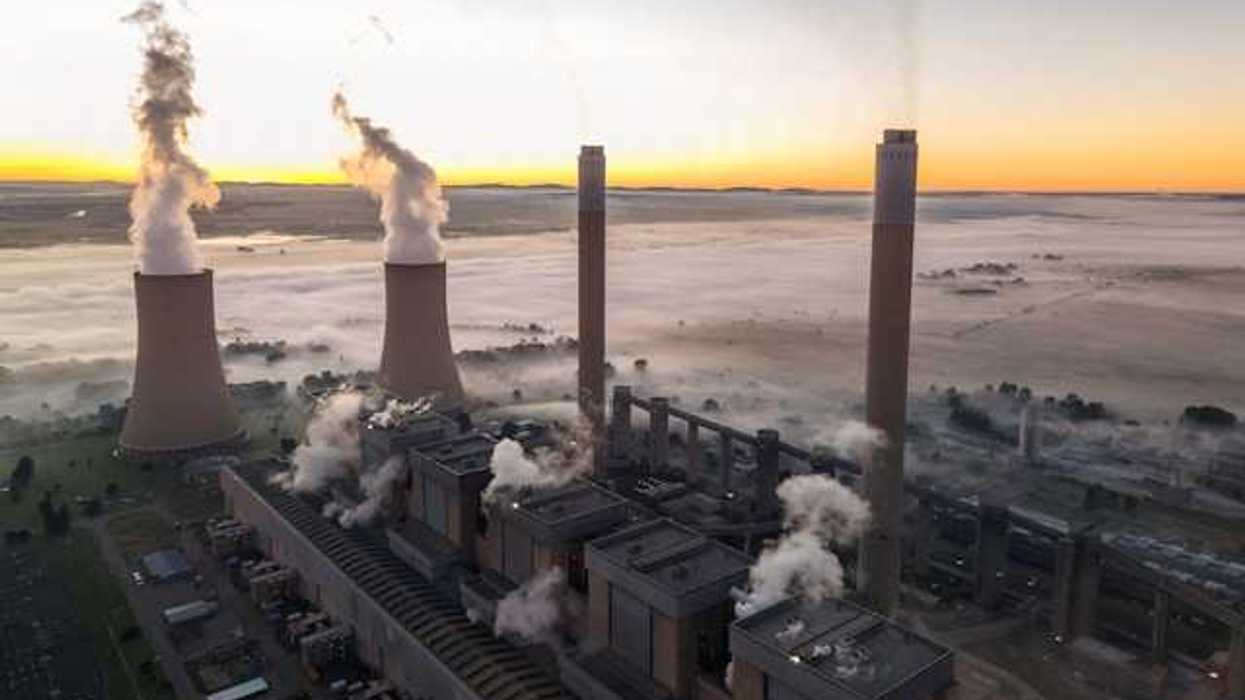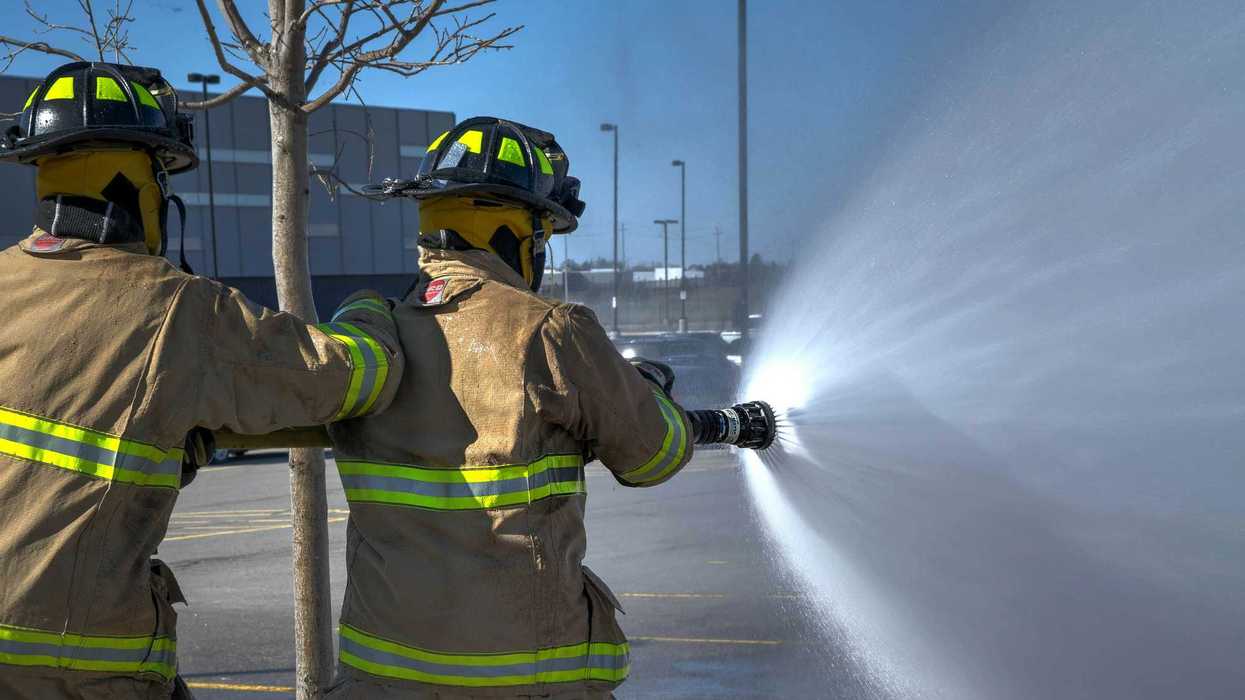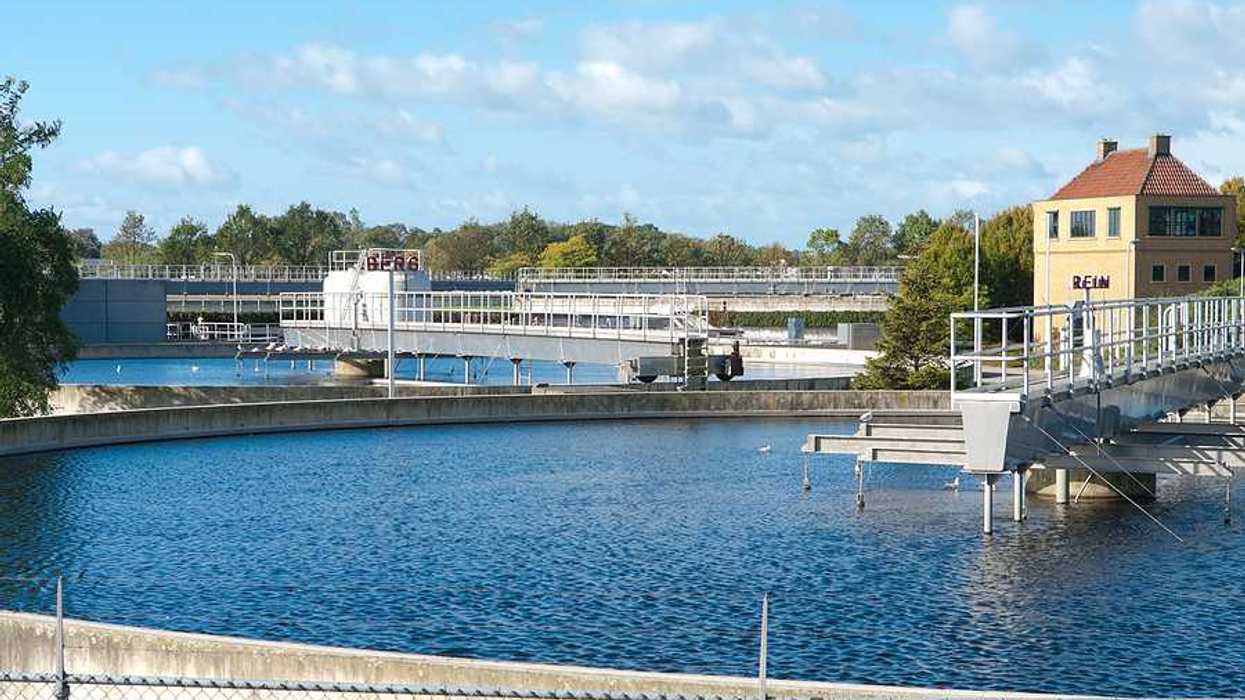Midwest states are considering significant changes in transportation policies, focusing on reducing carbon emissions through electric vehicles and ethanol.
Jeffrey Tomich reports for E&E News.
In short:
- Midwest states, following carbon-free power initiatives, are now targeting tailpipe emissions with proposals for clean transportation standards.
- The debate centers on whether to prioritize electric vehicles or biofuels like ethanol, alongside carbon capture and storage, for long-term decarbonization.
- Environmental groups express concerns over the reliance on ethanol, citing studies questioning its effectiveness in reducing carbon intensity compared to gasoline.
Key quote:
"Getting locked into ethanol wars is unproductive."
— Jeremy Martin, Union of Concerned Scientists.
Why this matters:
This discussion represents a pivotal moment in shaping the Midwest's approach to reducing transportation emissions. The outcome will have significant implications for environmental health, influencing national trends in sustainable transportation and energy policies.














